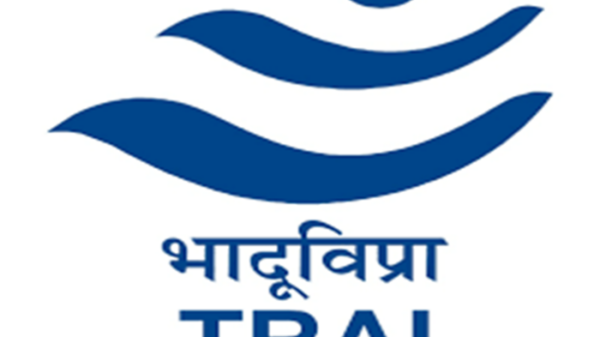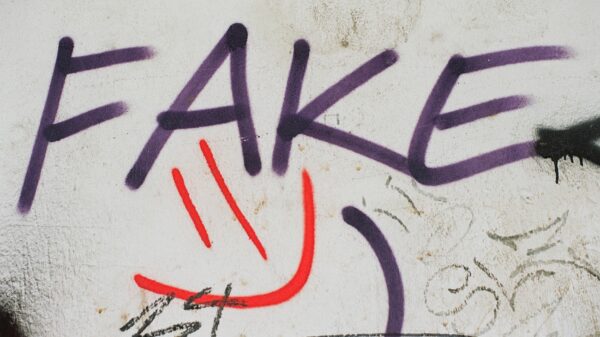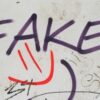Online marketplace Snapdeal has removed Nalli sarees from its platform following a cease and desist order from the Chennai-based garment manufacturer, as reported by the Economic Times. Snapdeal confirmed to MediaNama that they have received the order and said that they are taking appropriate actions for the same. Snapdeal's statement: Snapdeal.com is an online marketplace which connects buyers and sellers to provide the widest assortment of products. We have received the notice from the company and will take appropriate actions as per law. Earlier last week Nalli Sarees served the notice for allegedly having its registered trademark Nalli as a search word and copying images from its website for back-grounding an offer on silk sarees. We did a quick search and it seems that Snapdeal has taken down the searches for Nalli on its website. Nalli Sarees also has its own online store where it sells its own branded products and also alleged that the main picture used as background by Snapdeal on its offers page was copied from its homepage. It's worth noting that in May this year, pan-India saree distributor Shree Meena Creations had filed a lawsuit against Flipkart, Amazon and eBay, along with about two dozen sellers on these marketplaces for allegedly selling replicas of its copyrighted sarees. At the time Amazon India and Flipkart had said that they would take strict action against those who were selling counterfeit products. Other marketplace violations - Earlier this year Shopclues was slapped with a legal notice from audio devices manufacturer Harman International for selling fake…





























